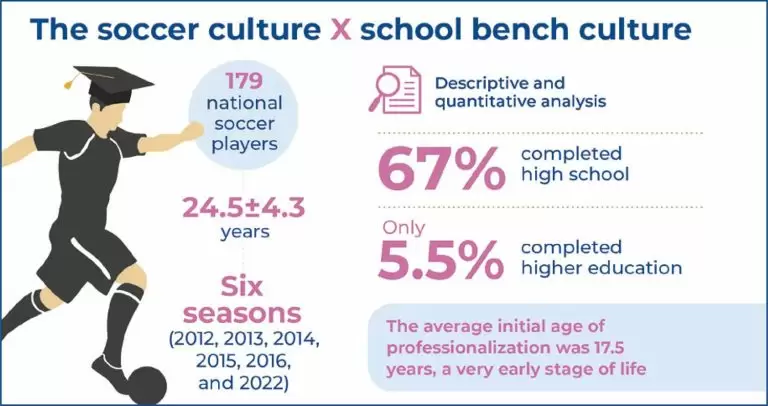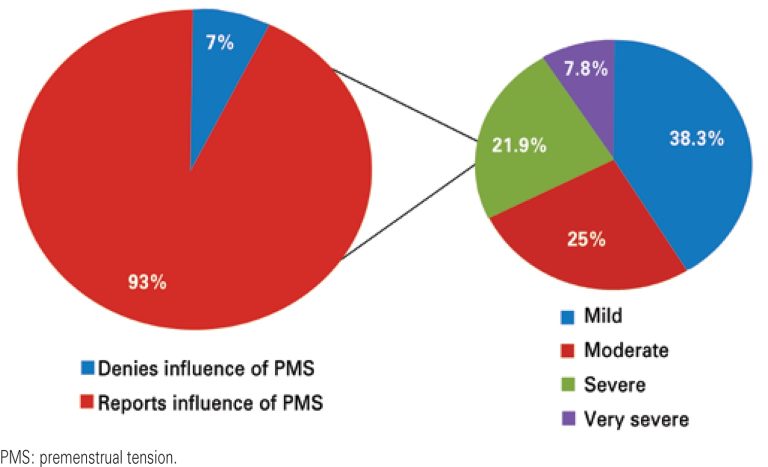11/Oct/2023
Contemporary reflection on the educational levels of high-performance soccer players in Brazil
DOI: 10.31744/einstein_journal/2023AO0269
Highlights Only 5.5% of Brazilian soccer players surveyed completed higher education. Of these 179 athletes, 67% completed high school. T۪۪he most educated were goalkeepers and defenders at 37% (66/179). Physical education for sports is different from educating the mind in terms of brain plasticity. ABSTRACT Objective: As the soccer culture in Brazil is more popular than schooling, this study reflected on the formal education levels of soccer (football) players through descriptive and quantitative analyses. Methods: We evaluated 179 national soccer […]
Keywords: Athletes; Athletic performance; Educational measurement; Higher education policy; Self-directed learning as topic; Soccer; Students; Surveys and questionnaires
01/Oct/2014
Pre-participation gynecological evaluation of female athletes: a new proposal
DOI: 10.1590/S1679-45082014AO3205
Objective To propose the inclusion of a gynecological investigation during the evaluation of athletes before competitions, using a specific instrument called the Pre-participation Gynecological Examination (PPGE). Methods The study assessed 148 athletes, mean age of 15.4±2.0 years, who engaged in eight different sports modalities, and who responded to a questionnaire named Pre-Participation Gynecological Examination (PPGE), to the International Consultation on Incontinence Questionnaire – Short Form (for urinary loss), and to the Eating Attitudes Test (for eating disorders). Results Fifty percent […]
Keywords: Athletic performance; Female athlete triad syndrome; Premenstrual syndrome; Questionnaires; Urinary incontinence, stress



